|
Want to know how I know there is magic in the world?
Because I just returned from Bonaire, where there is magic everywhere.
Three weeks ago, I'd never heard of this Dutch Caribbean island (it's 60 miles off the coast of Venezuela) – all I knew was that I wanted to go on a dive trip. Google told me that the best possible place for that was Bonaire, so I started looking at flights.
It was one of the most fantastic dive trips of my life. I'll admit: when I first arrived in Kralendijk, I thought two weeks on this 112-square mile island would be plenty -- maybe even too much. But with the abundance of dive opportunities on the island, I couldn't have been more wrong. I loved almost every moment of the trip, but here’s my one regret: During my second week in Bonaire, I did the Lionfish Hunting Certification course with the amazingly warm, authentic and upscale-but-affordable VIP Diving. I wish I’d done it on my second day.
Why would I want to kill this magnificent fish?
Because it is horribly invasive. They are out-living, out-competing, and out-breeding native Caribbean, Atlantic and Gulf of Mexico fish stocks. They are now the fastest breeders in the area they've invaded, with females laying tens of thousands of eggs per month. They eat everything they can fit in their mouth -- and native fish don't know to flee from this predator. In fact, small fish often congregate around the lionfish's fins and spines, believing that these will offer them protection. The lionfish then uses said spines to herd them into a corner and devour them. It's so out of control that invasive lionfish actually have fat stores -- something that is not true for their relatives in the Indian Ocean. Without the little fishies, algae doesn't get eaten off the coral, and then the coral dies. Not only does this mean the irreplaceable loss of some of the earth's most beautiful habitat -- as well as many other marine species -- it's also bad for global warming. Reefs and the plants and animals that grow on them produce up to 80% of Earth's oxygen! This is bad -- so yes, I wanted to kill as many lionfish as possible. But by the time I got certified, I only had two days left to kill these invasive, murderous, reef-destroying monsters. I was mad at myself for not being able to spear them on previous dives – I’d seen so many. And! I’d been buying my dinners that whole time, when I could have just been eating fresh-caught lionfish. (They’re super tasty! Remember: venomous does not equal poisonous.) My dive buddy, Justin, also has one regret from the trip: he didn’t take the lionfish hunting course at all. And he’s kicked himself every day since hearing about what an amazing experience I had with VIP Diving. Initially, we’d both had the same feeling about the course: it sounds cool, but is it really worth it? We’d both been spearfishing before – though not on a protected reef, and not with highly venomous fish. We’ve both been diving for a while and kind of felt like the lionfish specialty was just a way for dive shops to make more money. But one thing I learned during the course is that this wasn’t originally a course at all – it was a training program for local divers to learn to hunt lionfish. Then it became something they decided to let tourists in on – but only under the guidance of a local dive master. And then divers who took the course asked if it could be an official PADI program so it would count towards their specialties – hence the creation of the PADI Lionfish Hunting Distinguished Certification. (“Distinguished” because it wasn’t developed by PADI, but by Bonairean researchers who were addressing a serious ecological problem.) Another thing I learned… was everything! I learned about the biology of lionfish. I learned about the proactive approach Bonaire took to the invasion. Basically, as soon as they heard that lionfish had been spotted in southern Florida (back in the 1990s), they started coming up with a plan. They knew it could be a while before Bonaire ever saw a lionfish – but that it would happen eventually. And it did – in 2009. By which time Bonaire had been ready for almost two decades. The approach of many other islands, including the now-ravaged Bahamas, was to do nothing, and then be totally surprised when the lionfish came. Something I loved about VIP Diving in particular was that my instructor, Frank, took extra time to talk about related, but not required, topics – like different iterations of the ELF tool your use to spear the lionfish, and problems with and solutions to the original strategy. For example. The original plan stated that speared fish should be fed to yellow snappers and/or eels on the reef – that way, these animals might develop a taste for lionfish and begin hunting them on their own. But it, like many experiments in ecology, didn’t go exactly as planned. Instead of encouraging snappers to hunt lionfish… it encouraged snappers to follow divers. And then the giant morays started doing it, too. Scary! So they changed the rules: if you catch one that’s big enough to eat, by all means, take it home and eat it! If it’s not a keeper, stuff it under a rock for the native fish to find. That way, they can gain a taste for lionfish without changing their natural behavior. Fascinating, right? In addition to the ecology and biology, you also learn rules – some of which might surprise you. For example, don’t take bad shots. If you don’t think you’re going to get it, don’t take the shot. That only teaches lionfish to hide from divers – and those kinds of memories are probably heritable. Then you go diving! The certification includes two guided dives with an instructor, who will help you find as many lionfish as possible. This is especially great for new divers, as well as divers who haven’t been in the water in a while. It can take a few dives to get comfortable in the water again, which is why I recommend doing your lionfish cert as soon as possible after you arrive in Bonaire. Here are some photos from my dives – I didn’t catch any my first dive (but the other woman who was taking the course caught two, and Frank caught one), and then I got at least seven (honestly, I started losing count after five) on the second!
I'll say again that VIP Diving really went above and beyond. My instructor showed me how to safely clean and filet the fish. I took home enough that I was able to trade some for sushi in town, and I had the rest pan fried with Creole-style vegetables at The Rumba Cafe.
If your room/airbnb/house has a kitchen, the lionfish cert can save you even more money on dinner, because you can take it home and grill or pan fry it yourself. And, sure, you can spear lionfish on some Caribbean islands without a cert… but, honestly, you’re going to have the coolest diving experience ever in Bonaire. Where else can you just drive up and down the coast, park your truck on the beach, and start your dive?
And, anyway, wouldn’t you feel proud to support such a well-managed park system?
Long story short, the Lionfish Hunting cert is something I totally recommend doing on your Bonaire dive trip -- as early as possible. Either your first or second day -- and definitely before you do any guided dives (one drawback of Bonaire is that, even with the cert, you need to be a with a local guide to spear fish -- but if your resort comes with boat dives or you're planning to do a trip to Klein Bonaire, you'll have plenty of opportunities to use your skills after your two dives with the Lionfish Course). Put aside your preconceived notions (e.g., PADI stands for "Put Another Dollar In") – don’t make the mistake I made and wait till the end of your trip. Lionfish hunting is a super cool form of eco-tourism. It allows you to get in touch with your primal instincts. It’s a solid (and fun) investment in the future of Bonaire – and, really, since reefs are so incredibly important to the environment, the world. *** Want to know more? Check out: The ONE Thing All Divers MUST Know About the Bottled Water in Bonaire 12 Things I Miss About America When I Travel 7 Scuba Safety Tips You Won't Learn In Dive Training
4 Comments
7/23/2016 03:29:31 pm
Loved this article. Having done some eco-tourism myself, I wish I'd done more of this kind of thing when I lived on the Big Island! Excellent photos, too. Still, I'm left with some questions.
Reply
Courtney Roach
7/18/2017 10:32:01 am
This is an old post but figured I would post my thoughts anyways. You can also find lionfish hunting classes in Roatan. It's a local license, no PADI or NAUI creds, but it's fun and offers great knowledge. It also comes with a spear registered to you.
Reply
Jason
2/19/2019 10:58:08 am
The first thing any diver should do in Bonaire? Land safely. It's as simple as that. Land safely by the airplane or boat you were traveling on. If you don't accomplish this first step then chances are the rest of your plans for Bonaire will do you no good. Have a nice day people :)
Reply
Karen
6/21/2022 09:28:47 pm
Thanks for this diving post - always a helpful resource. I want to share a company that is specialized in diving classes. "Frog Dive". http://www.frogdive.com.au They have classes and courses that suits all diving skill levels. Thanks again!
Reply
Leave a Reply. |
About the Author

Eva is a content specialist with a passion for play, travel... and a little bit of girl power. Read more >
Want to support The Happy Talent? CLICK HERE!
Or Find me on Patreon!
What's Popular on The Happy Talent:
Trending in Dating and Relationships:
What's Popular in Science: Playfulness and Leisure Skills:
Popular in Psychology and Social Skills:
Categories
All
|
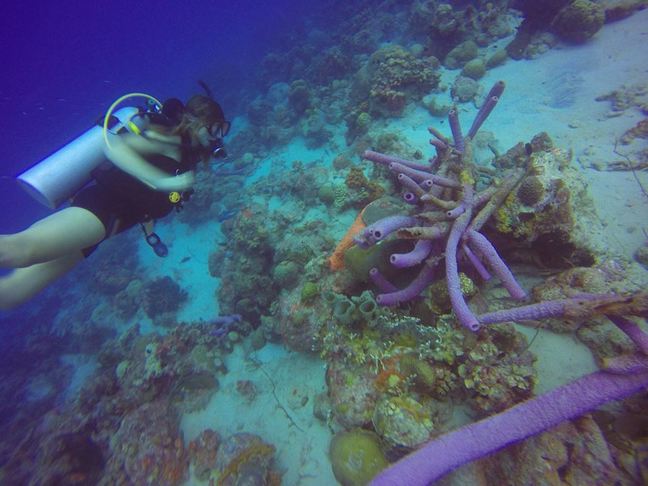
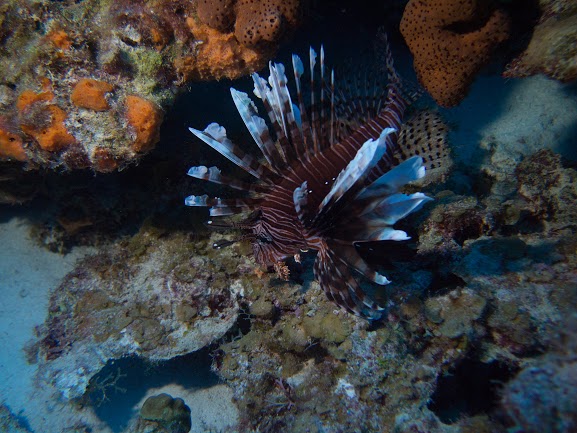
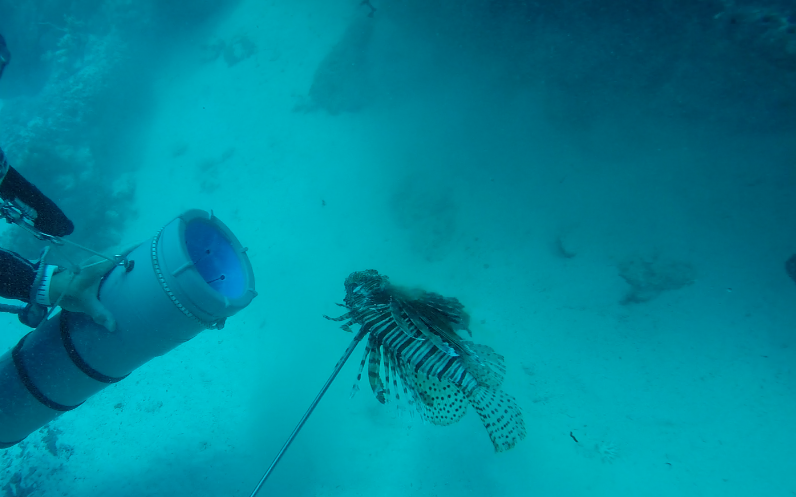
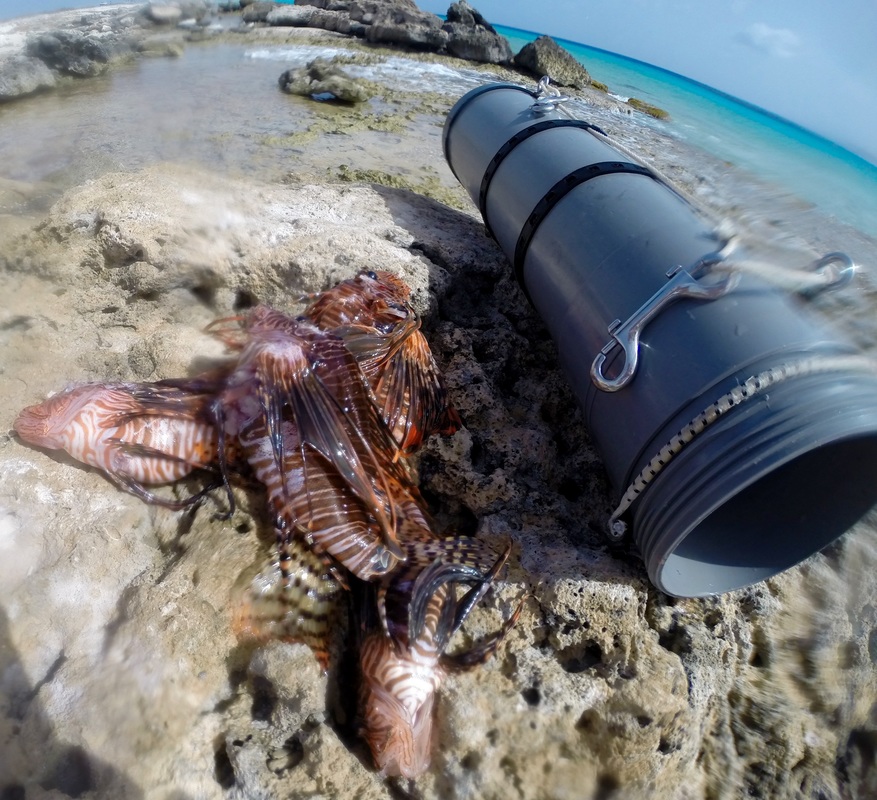
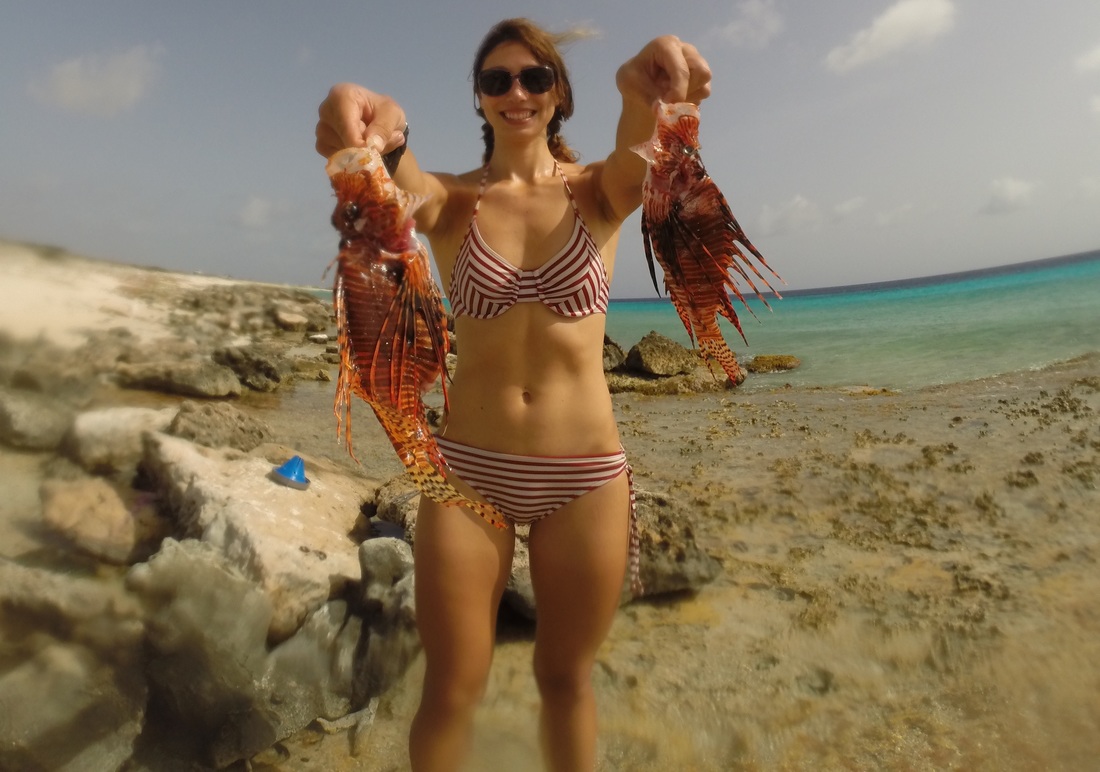
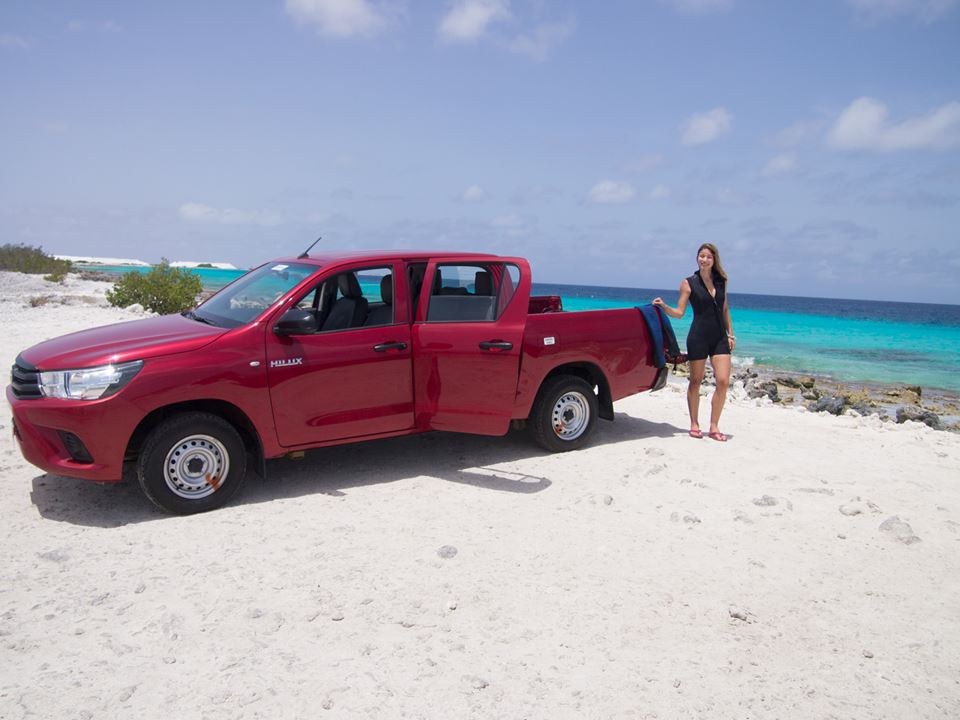

























 RSS Feed
RSS Feed